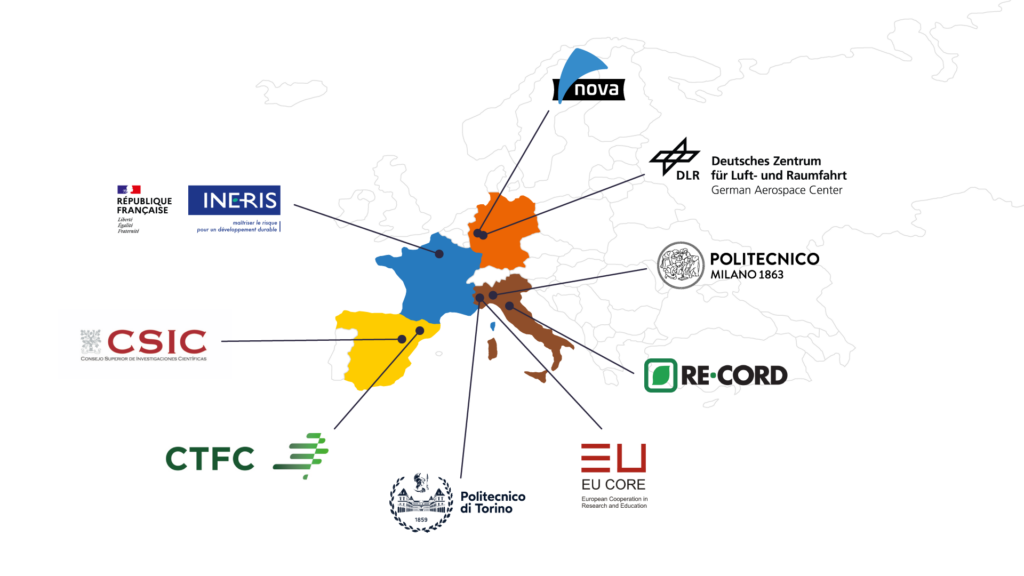
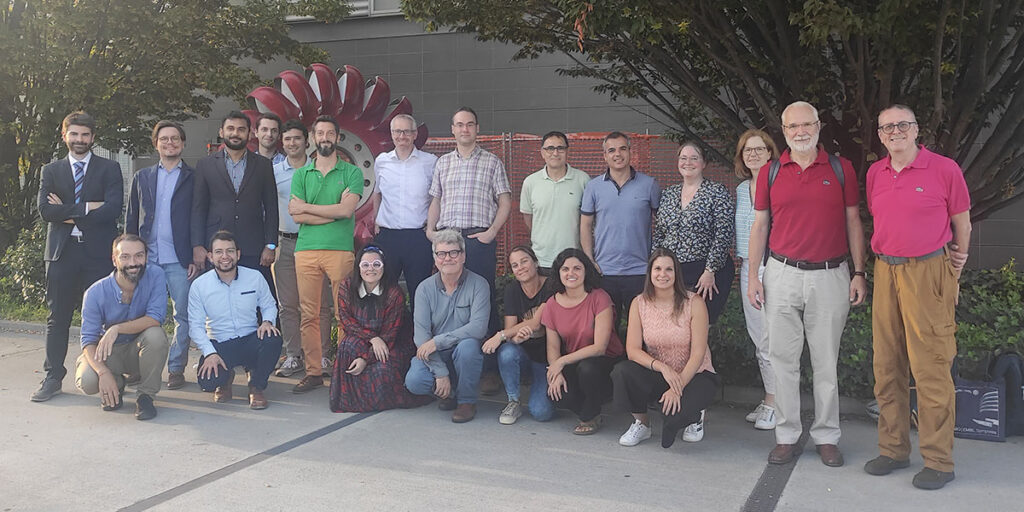
PYSOLO consortium at kick-off meeting in Milano (2023)
Coordinator
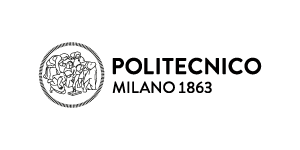
Politecnico di Milano
Politecnico di Milano is a public technical university established in 1863, organised in 12 departments and a network of 4 Schools of Engineering, Architecture and Industrial Design. The number of students enrolled in all campuses is approximately 48,000, which makes the Politecnico di Milano the largest Engineering School in Italy. Two departments, the Department of Energy and the Department of Chemistry, Materials & Chemical Engineering, and three research groups, the Group of Energy Conversion Systems (GECOS), the Thermal Science & Engineering Group and the Chemical Reaction Engineering and Chemical Kinetics Group (CRECK), will be involved in the PYSOLO project. Their activity will focus on pyrolysis reactor, solar receiver and overall system modelling.



Partners

CTFC
Forest Science and Technology Centre of Catalonia (CTFC) is a research centre affiliated with the Generalitat de Catalunya (the Catalan government). The CTFC is a CERCA centre and a government accredited TECNIO agent (developer of public technology). The vision of CTFC is to become a hub of excellence in research and transfer of technology toward society in the Mediterranean and Southern European context. CTFC’s mission is to conduct relevant science for sustainable forest management, biodiversity, and the circular bioeconomy. Its strategic goals are contribute to the modernization and competitiveness of the forest sector, drive rural development, Unfurl the European circular bioeconomy, operationalise the European circular bioeconomy, promote models for the sustainable management of natural resources and biodiversity, develop applied science to the relations between nature, ecosystem health, and human health/wellbeing, and integrate the valorisation of natural resources into socioeconomic models.



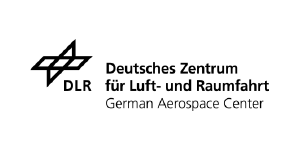
DLR – Institute of Future Fuels from DLR (German aerospace center)
The DLR (Deutsches Zentrum für Luft- und Raumfahrt) is the German aerospace center conducting research and development activities in the fields of aeronautics, space, energy, transport, security and digitalisation. Across Germany, there are about 10000 employees in 47 institutes and facilities.
The Future Fuels institute was founded in 2020 and has been operational since 2021. It evolved from personnel of the DLR-Institute of Solar Research.
The main objective of the Institute is to develop and transfer technological solutions for harvesting large amounts of solar energy and its use together with other renewable resources for the cost-effective production of fuels.
The institute is structured in 4 areas of research:
- Basic research to develop new reactive materials required for fuel syntheses
- Development of processes, components and reactors for integration of heat and mass flows
- Scale up of processes and analyses of plants
- Scale up of processes and analyses of plants
- Techno and socio-economic evaluation of processes and logistic concept
It has different solar facilities on its side as:
- A Xenon high flux simulator (total power about 21kW) at the Cologne site.
- A large-scale high flux solar simulator at the Jülich site (40 km from Cologne)

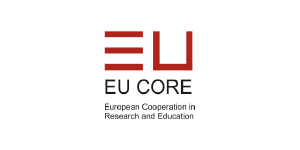
EUCORE
EUropean COoperation in Research and Education – is a consulting firm that offers partner design, administrative management, reporting, evaluation and research services to universities, research centers, companies, public administrations, non-profit organizations wishing to participate in research and cooperation projects funded by the European Union or other national and international initiatives. Website: https://www.eucore.eu/
Within PYSOLO, EUCORE is providing assistance to the Project Coordinator and to all the beneficiaries for all project management endeavours (WP1) and is supporting NOVA in C&D activities (WP5)

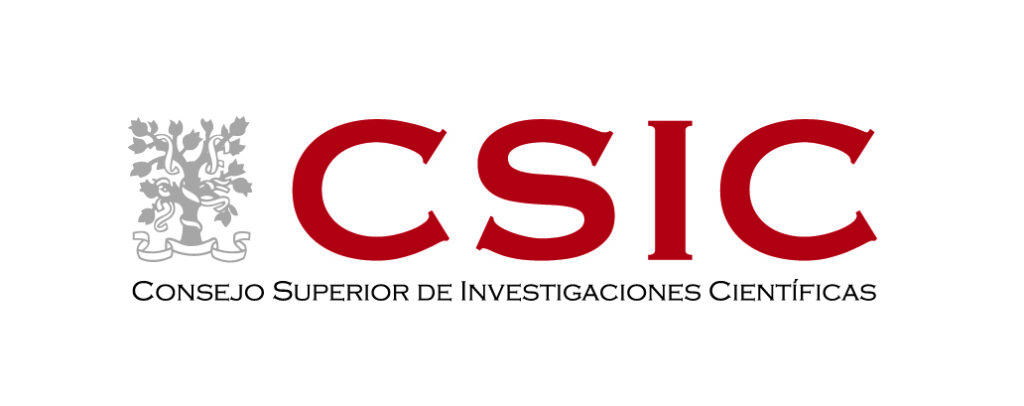
CSIC – ICB – GIM
The “Instituto de Carboquímica (ICB)” was founded in Zaragoza in 1948 as part of the “Instituto Nacional del Combustible” (National Fuel Agency). Today, the centre is part of the “Consejo Superior de Investigaciones Científicas (CSIC)” (Spanish National Research Council), and is organized into two departments: 1) Energy and Environment; and 2) Chemical Processes and Nanotechnology, which carried out research activities in CO2 capture, air pollution, waste recovery, thermochemical processes, alternative fuels, nanoscience, nanotechnology, new sensor, fuel cell, batteries and superconductor materials, among others.
The “Grupo de Investigaciones Medioambientales (GIM)” (Environmental Research Group) is a multidisciplinary group with more than 30 year of experience in energy and environment technologies, focused on developing: 1) pyrolysis processes for the circular economy of end-of-life tyres and plastic waste; 2) advanced gasification strategies for syngas and hydrogen production; and 3) methanation and cold plasma processes for renewable energy carriers production. These research lines are framed in UNDP sustainable development goals (SDGs) 7,9 and 12.



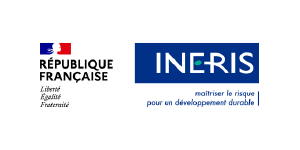
INERIS
The French National Institute for Industrial Environment and Risks (Ineris) is an industrial and commercial public establishment under the aegis of the Ministry of the Environment.
The Institute’s mission is to contribute to the prevention of risks caused by economic activities to health, environment, and the safety of people and goods.
It conducts research programs with the aim of improving our understanding of the phenomena that are likely to lead to risk situations or damage to health and the environment, and of further developing its expertise in prevention. It works to expand its scientific and technical capabilities in the fields of accidental risk, chronic risk, and ground-level / subterranean risks (mining), and makes them available to public authorities, local authorities, and businesses to help them make the decisions best suited to improving environmental safety.



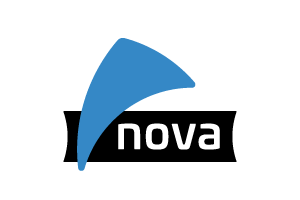
nova-Institute
nova-Institut GmbH has been working in the field of sustainability since the mid-1990s and today focuses primarily on the areas of circular economy, bioeconomy and CO2 utilisation.
The independent company supports the chemical and plastics industries in the transition from fossil to renewable carbon – based on biomass, CO2 utilisation or recycling – through research and science-based consulting. Both in accompanying research for innovation projects and in individual business consulting, nova’s interdisciplinary team covers the entire value chain. It works on all topics from raw materials, technology scouting and market research to economics, policy, life cycle assessments and sustainability, as well as support in communication and strategy development. Experts from different fields work together to defossilise the industry and create a climate-neutral future.
www.nova-institute.eu – www-renewable-carbon.eu



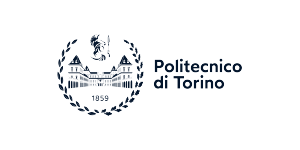
POLITO
Politecnico di Torino was the first Italian Engineering School founded in 1859, in the wave of the technical and scientific innovation that gave rise to the most prestigious European polytechnic schools in the mid-19th century. Engineers, architects, designers and urban planners have been trained at Politecnico di Torino for over 160 years with rigor, integrity and high-level standards.
This long ever-changing history has rated Politecnico among the top European technical Universities for education and research, with 38,700 students and a teaching staff of more than 1,000.
Politecnico di Torino has decided to transform itself into a “platform” University expected to be permeable, inclusive, open to the labour market and to industry, with a key role in innovation and lifelong learning.
The Polito4Impact Strategic Plan (link: https://www.pianostrategico.polito.it/en/) aims at develop clusters for industrial development that can attract large companies, small and medium enterprises and start-ups in order to gather PoliTO graduates in the local territory.




RE-CORD
RE-CORD is a private-public nonprofit Research & Development organization founded in 2010 that groups together its members resources (know-how, networks, plants, laboratory and other facilities) in a single body able to catch opportunities quickly and efficiently in the field of renewable energies, biomass, bioenergy and bioeconomy.
RE-CORD represents an excellence in research and demonstration, a place where from the experience, passion and dynamism of people innovative ideas are created, developed then brought to reality: new knowledges, new technologies, new products, new practices and new value chains thus take shape.
These objectives are achieved through research carried out in the context of funded projects (i.e. from the European Union, national ministries, regulatory authorities & Co.) or of self-financed research, both in an international environment and in close contact with local actors. RE-CORD targets advancements in the renewable energy, bioenergy, bioeconomy and sustainable development sectors, in a circular economy scheme and, thanks to its technical and scientific network, connecting Italy to Europe and the rest of the world.
In addition RE-CORD’s mission stimulates local competencies, giving highly skilled young graduates opportunities in their home country and abroad, supporting local administrations and domestic companies, so as to reduce emigration of talents.



